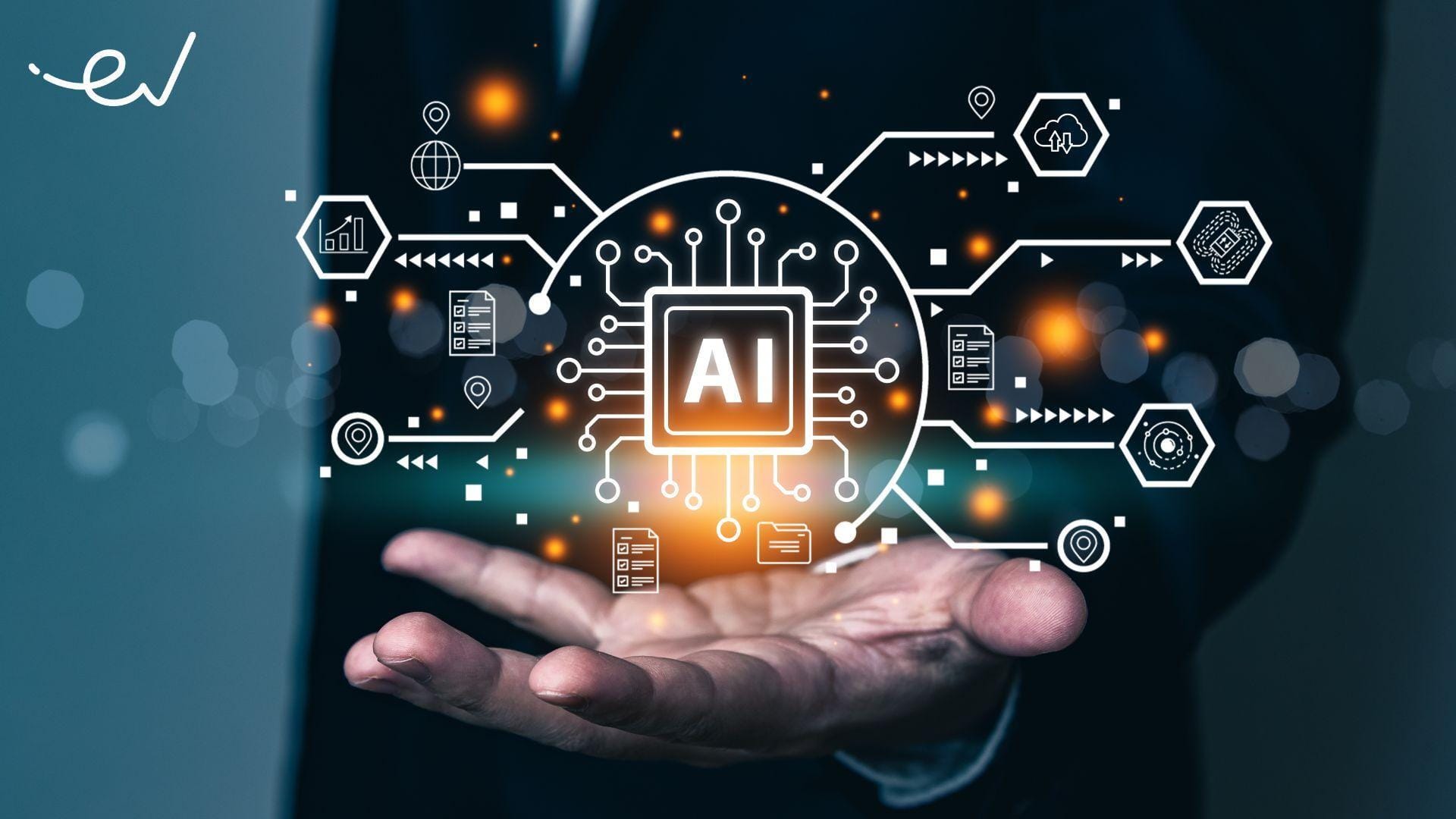
How AI can help remove bottlenecks in decision-making
What's the story
Artificial intelligence (AI) is on the verge of transforming various aspects of our lives by overcoming "lossy bottlenecks" - limitations in decision-making due to imperfect communication channels. Researchers Tantum Collins and Bruce Schneier have delved into how AI can bridge the gap between people's desires and available options. The insights can revolutionize industries like dining, labor markets, apparel, software, and even politics.
Details
Personalized dining experiences with AI
Can you imagine walking into a restaurant where the kitchen has already started preparing a meal tailored to your tastes? AI can make this possible by storing rich representations of customers' preferences and chefs' capabilities, enabling complex customization at scale and low cost. Early attempts at this include using ChatGPT to design meals based on dietary restrictions and available ingredients, showcasing the potential for AI to eliminate lossy bottlenecks in the restaurant industry.
More
AI in labor markets and apparel
In labor markets, AI systems could provide richer assessments of job candidates by analyzing their coursework, exams, teacher feedback, and detailed job information. For apparel, AI could reduce customization costs by learning individual styles, taking measurements from photos, generating designs based on personal tastes and available materials, and automating production through AI-enabled robotic production lines.
Insights
Revolutionizing software interfaces and politics
AI systems can observe users' interaction styles with software and personalize interfaces to suit individual needs. As per the researchers, in politics, AI can revolutionize democracy by capturing nuanced political preferences and directly advocating for specific policies on behalf of citizens. This could lead to policies that better reflect the electorate's desires and encourage more people to participate in the democratic process.
Facts
Challenges and first steps in implementing AI
Implementing AI to remove bottlenecks comes with risks, such as job losses and privacy concerns. Transitioning from representative democracies to AI-enhanced direct democracies also presents challenges. But AI is already being used in less politically charged domains, like digital media recommendation systems, which have evolved from simple genre-based suggestions to personalized recommendations. This demonstrates the potential for AI to gradually transform various sectors and decision-making processes.